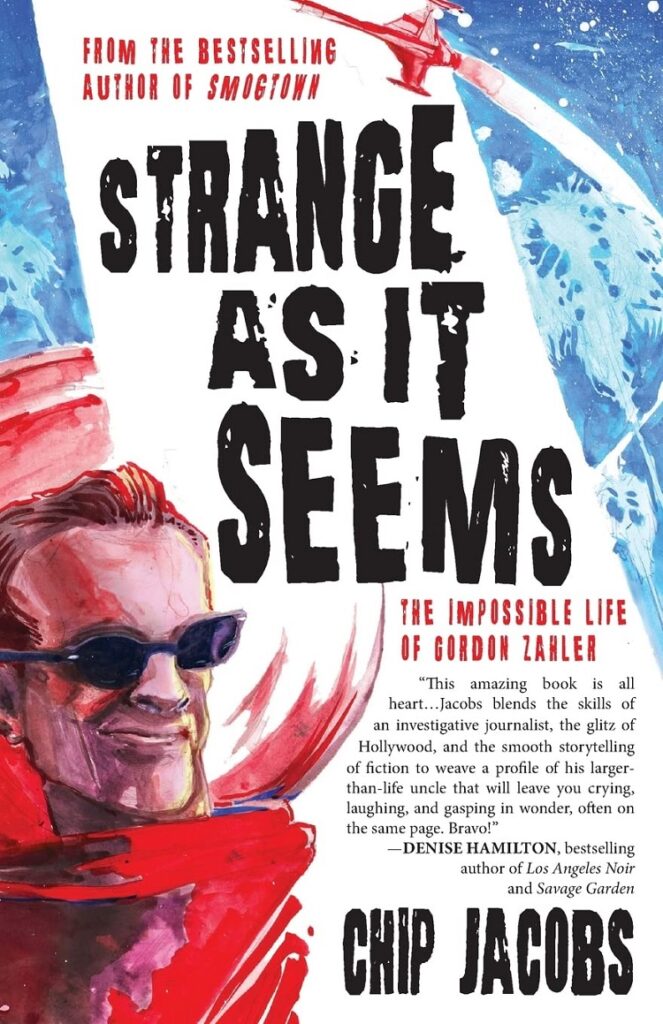
Written by Kristen Lopez
Spring has sprung, so let’s see what’s worth putting on your bookshelves this month.
Spinster: Making a Life of One’s Own by Kate Bolick
Kate Bolick’s book is a mixed bag of personal memoir, feminist history, and biography, all of which makes for good, if patchy, reading. Bolick details the female fear of “spinsterhood,” charting its applications throughout history and her own personal fears of being alone. When Bolick takes the time to focus on the actual issues regarding the spinster trope – including the rise of the cat or bag lady – the book takes on a fascinating feminist analysis of a world where women are given a marriageable shelf life – doomed to a life of sorrow and sadness if they’re not paired up. Bolick also charts her own issues with not being married by a certain deadline in her own life, comparing her life with that of her mother, a woman living in a different time where marriage was mandatory. Bolick’s look at life and love does, on the surface level, feels ripped from an episode of Sex and the City, but her inner monologues yield fruit as she discusses her continued unhappiness in relationships that are seemingly perfect. Her profiles on authors like Edna St. Vincent Millay and Edith Wharton create a rich network of women, but they skew more on the academic and seem wholly at odds with the preceding two plots of the book. If you’re a fan of history and feminist exploration, this is a good beginner book touching on a variety of topics simultaneously.
Strange As It Seems: The Impossible Life of Gordon Zahler by Chip Jacobs
Gordon Zahler isn’t a member of the Hollywood A-list, but he certainly hobnobbed with many of them. A music producer whose music graced several television shows and cartoons of the 1960s/1970s (The Pink Panther, Gentle Ben) and Ed Wood’s Plan 9 From Outer Space, Zahler’s story shows how a little ingenuity goes a long way. Paralyzed from the neck down after a freak accident as a teenager, Zahler’s nephew – author Chip Jacobs – explores the man he only knew from a distance, tracking Zahler’s financial struggles in light of his accident, his genius idea to take his father’s old Hollywood scores and monetize them, and how things weren’t ever as stable as he wished. At times cold and rude, Zahler’s story is a true tale of hard work and chutzpah with the occasional name drop of Burt Lancaster. Zahler’s private life is included – including the unnecessary mainstay of discussing his sex life post-paralysis – and leaves the reader to make up their mind on whether he was brilliant or just lucky. Zahler’s story truly lives up to its title.
You Don’t Own Me: The Life and Times of Lesley Gore by Trevor Tolliver
Singer Lesley Gore taught teenage girls everywhere to say “You don’t own me” and “It’s my party and I’ll cry if I want to” in the 1960s, but what happened when the party was over? Author Trevor Tolliver has a tall order to fill, claiming to give us the first comprehensive biography on the 1960s singer and her private life, when really it’s more like a series of music reviews and analysis. Gore’s life is recounted – her rise to teenage stardom thanks to music impresario Quincy Jones, her attempt to stave off the Beatles and the girl-group scene to dominate the charts, and her continued efforts to remain relevant in a changing musical landscape. Briefly there are glimpses into Gore’s life outside of music, especially her relationships with women and her growing fanbase of homosexual boys growing up. But these are, too often, dropped in favor of long passages discussing every minute piano key or song inflection throughout all Gore’s albums. This is great if you’re interested in Gore musically, but for a biography the repetitious recounts of Gore’s album titles and how powerful her voice is becomes stale. I certainly learned more about Gore than I knew previously, but never enough of what I wanted.